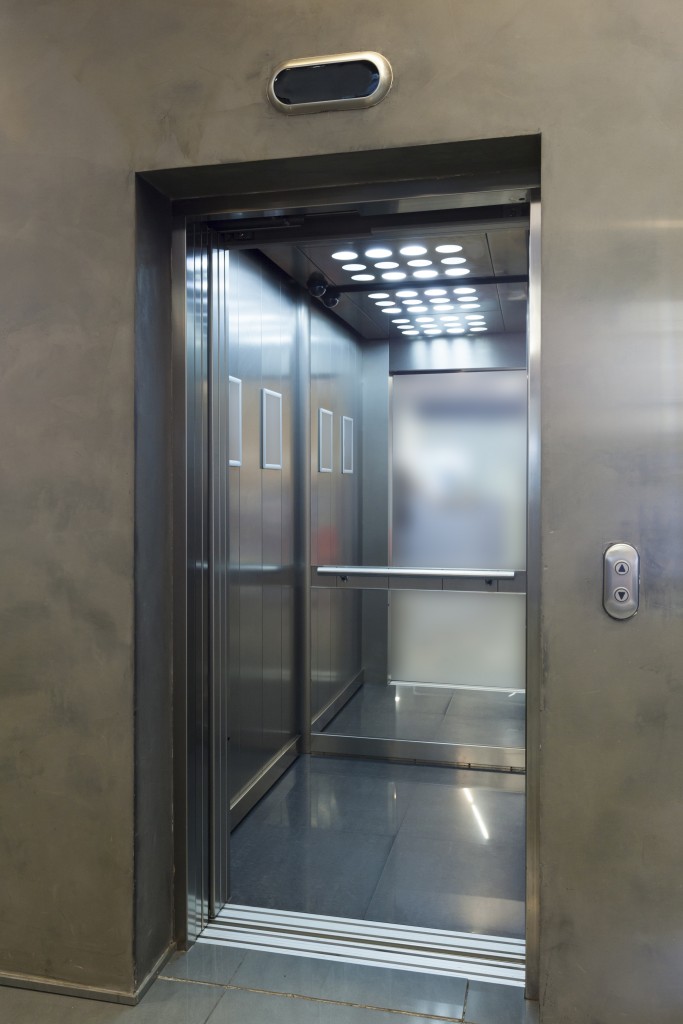Do you feel your anxiety levels go up whenever you’re inside an elevator, a plane, or even in a crowded room? Do you experience shaking, cold sweats, nausea, light-headedness, palpitations, or hyperventilation when you are in tight spaces? You might have claustrophobia.
When you have the irrational and intense fear of enclosed spaces, you will often find yourself trying to avoid places or situations that can trigger the phobia. But when it comes to coping, avoidance is usually not the best way to do it. The good news is, there are many ways you can keep your anxiety at bay while dealing with claustrophobia. Here are a few ways that can help you cope with claustrophobia better.
Find alternative ways to get through the experience
More often than not, there is no other way to overcome an experience than by going an alternate route. For instance, your doctor needs you to undergo an MRI scan so that they can come up with a more accurate diagnosis. Since many people have anxieties with this equipment, you can opt for an open MRI system instead. It is an alternative way that allows you to get examined without triggering your phobia. Your doctor can recommend you to a London diagnostic centre nearby so that you can go through the MRI scan with fewer problems.
Find support in your loved ones

Having a support system that understands your situation is an excellent way to manage your claustrophobia. Letting your loved one know that you are afraid of tight spaces will make them more considerate and mindful of your feelings. The more honest you are with your fear, the more people will be willing to help you out.
Do your research
The Internet and books are a wonderland of sources for claustrophobia. By doing your research, you can find out more about your condition. You can start learning about the many treatment options available for claustrophobics and explore which option would best work for you. You can find a good counsellor who can help you move beyond your fear. You can also find support groups whose members have the same struggles as you do.
Learn about relaxation techniques
Relaxation and visualization can do wonders for people with claustrophobia. By learning how to relax when facing a claustrophobic situation, you can keep yourself calm, avoid panic attacks, and slowly ease yourself into it. Doing relaxation techniques can help you go through a stressful situation. These can help give you the strength to face your fears and eventually stop yourself from fearing enclosed spaces.
See your doctor
The best way to determine if you do have claustrophobia is by getting a proper diagnosis. You don’t want to end up waiting before it is too late before you talk to an expert. They can check what causes your phobia and how you can manage and treat your condition.
Living with a phobia is never easy. The good news is, there are different ways you can treat your claustrophobia. If you want to start managing your fear, then opt not to avoid your triggers. Doing so won’t be of much help as avoidance is only a temporary solution. The good news is, you can always go back to this list if you need help in starting your way to better managing your phobia.
